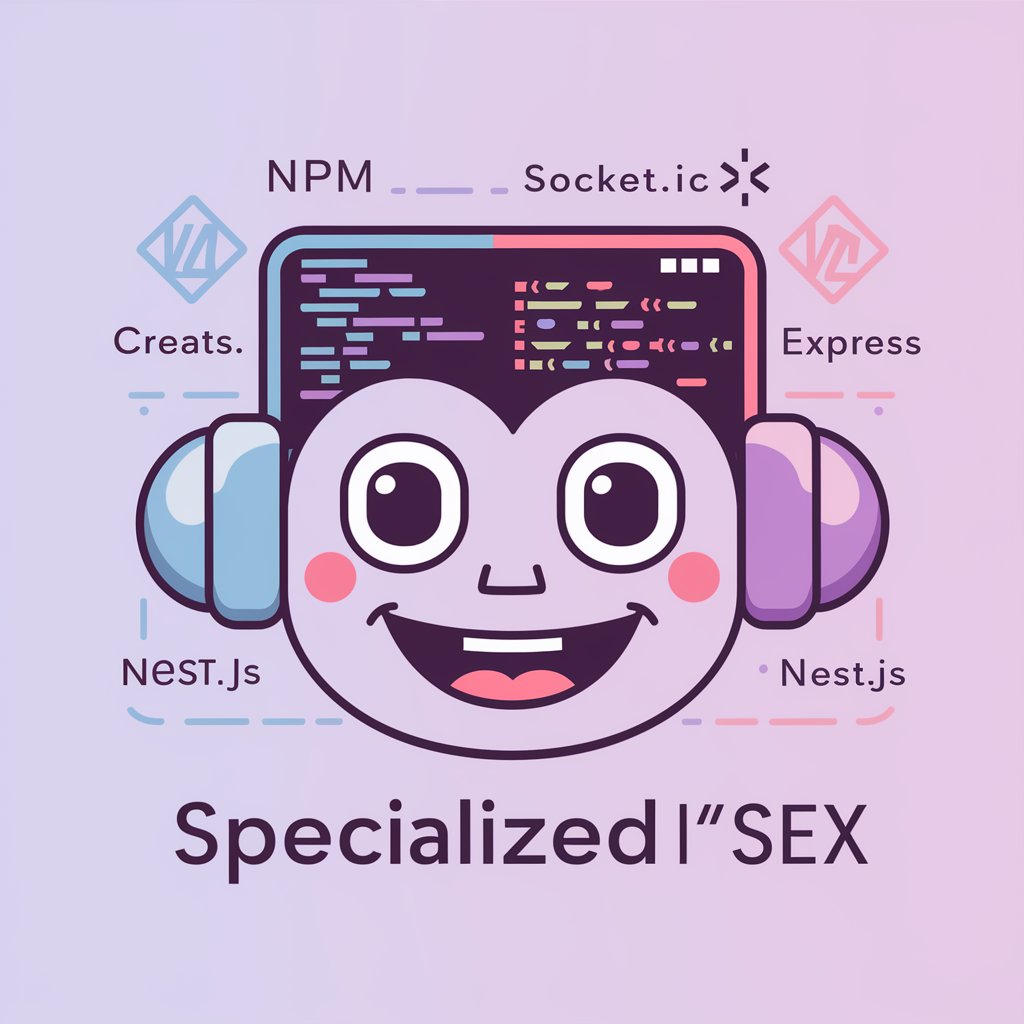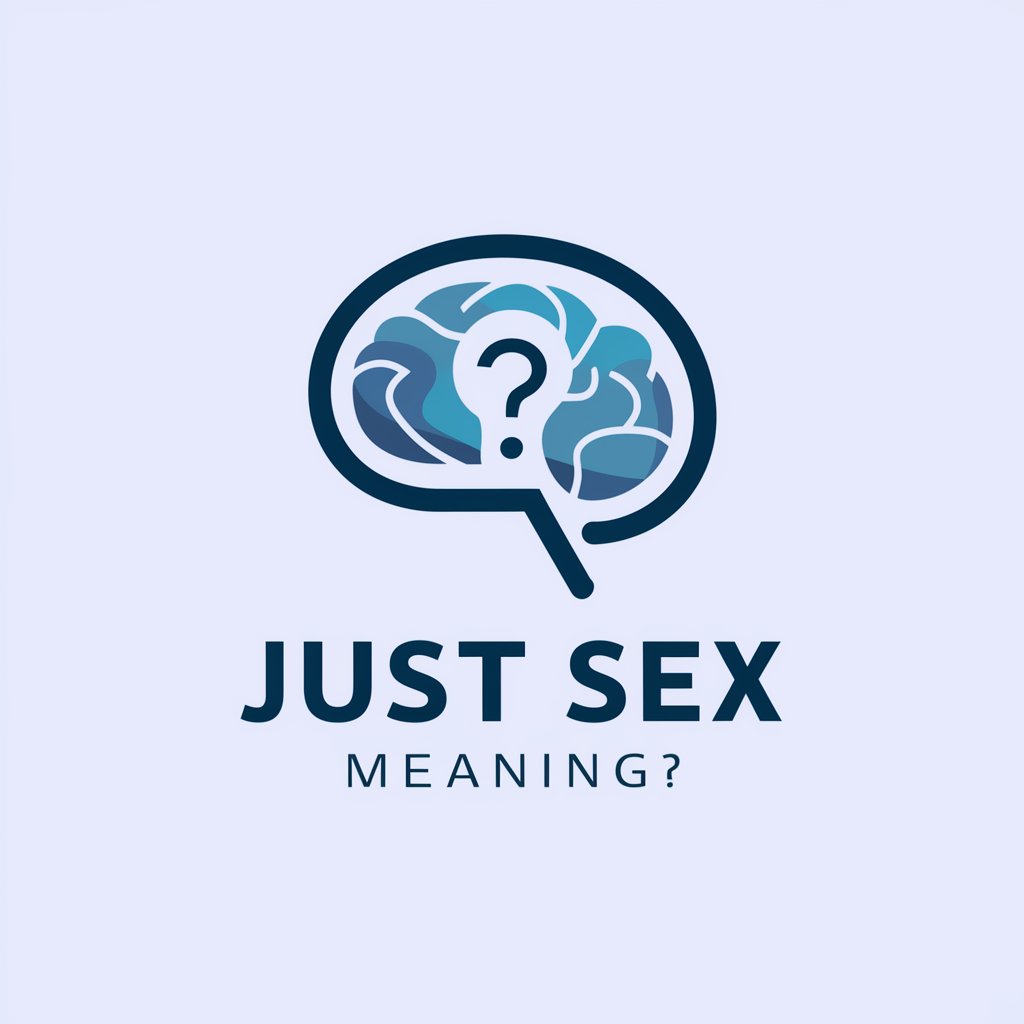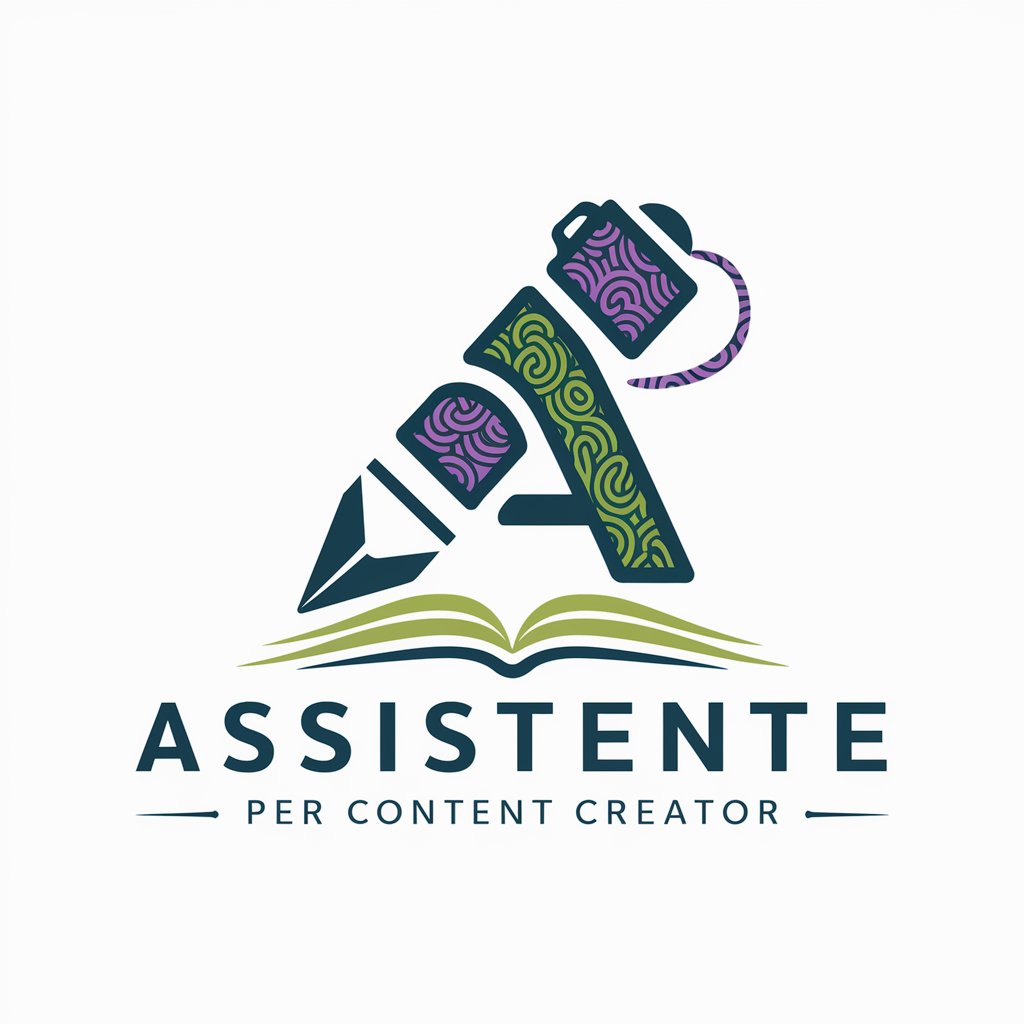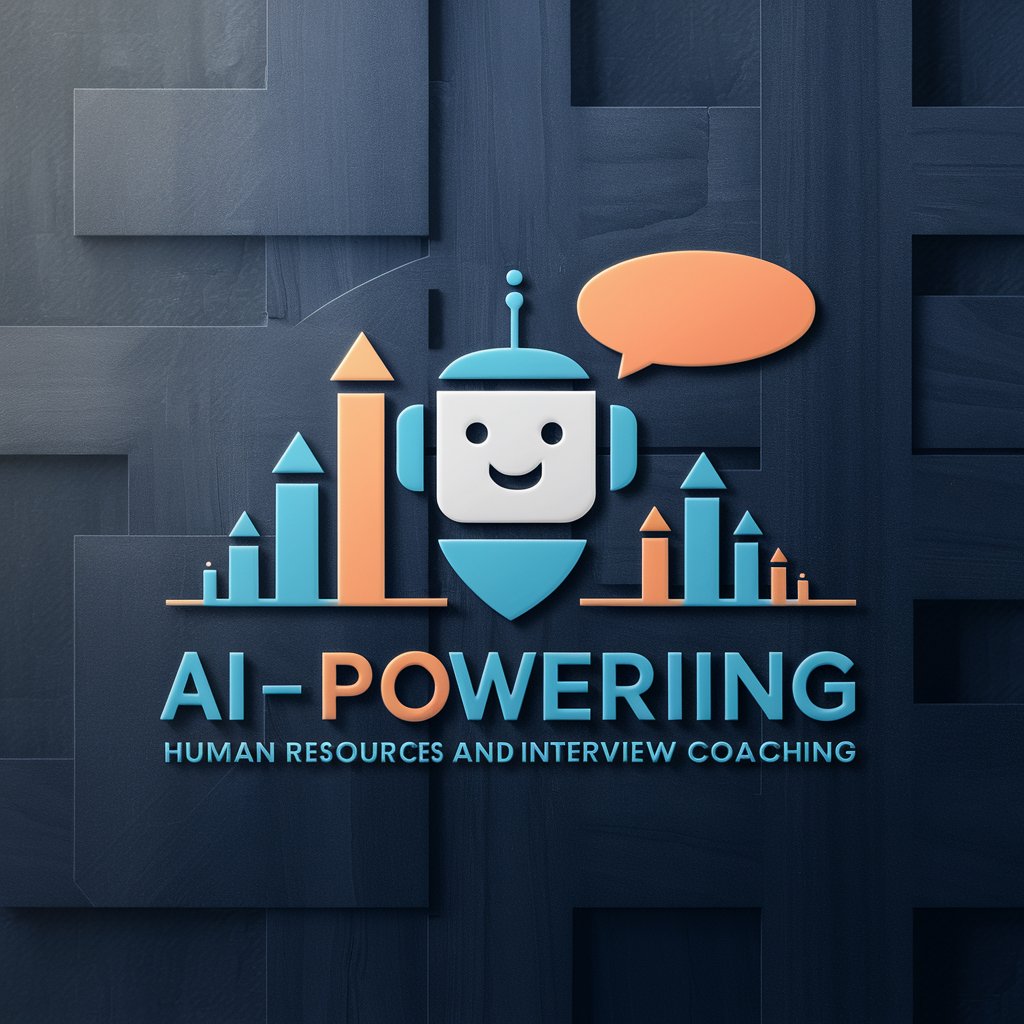pay per click - Effective PPC Management

Elevate Your Clicks with AI Precision
How can I improve my product descriptions?
What's a good headline for a fashion blog?
Get Embed Code
Overview of Pay Per Click (PPC)
Pay Per Click (PPC) is a digital advertising model used to drive traffic to websites, where advertisers pay a fee each time one of their ads is clicked. Essentially, it's a way of buying visits to your site, rather than attempting to 'earn' those visits organically. PPC is primarily associated with first-tier search engines (like Google Ads and Bing Ads). Advertisers can bid on keyword phrases relevant to their target market and pay when ads are clicked. The design purpose of PPC is to offer a direct and measurable method to attract potential customers to a website, with a clear focus on conversion and return on investment (ROI). Examples include Google AdWords campaigns targeting 'summer shoes' for a shoe retailer or 'local plumbing services' for a plumbing company, where ads appear in search engine results or on affiliated websites tailored to the audience's interests and search queries. Powered by ChatGPT-4o。

Core Functions of PPC Services
Keyword Research and Selection
Example
Using tools like Google Keyword Planner to identify 'emergency locksmith services' as a high-volume, relevant keyword for a locksmith business.
Scenario
A small locksmith company wants to increase emergency service calls from local customers. By researching and selecting keywords closely related to emergency locksmith services, they can create targeted ads to appear when potential customers search for these services.
Ad Creation and Customization
Example
Designing a compelling ad copy that highlights 'Free Shipping' for an online retailer's PPC campaign.
Scenario
An e-commerce clothing store aims to stand out among competitors. By creating ads that emphasize unique selling points like 'Free Shipping', they can attract more clicks and potentially increase sales.
Performance Tracking and Optimization
Example
Utilizing Google Ads' analytics to adjust bids and refine ad copy based on the ad's click-through rate (CTR) and conversion rate.
Scenario
A digital marketing agency monitors a campaign's performance for a new skincare line. Analyzing metrics such as CTR and conversions enables the agency to tweak the campaign for optimal performance, ensuring the client's advertising budget is invested effectively.
Who Benefits from PPC Services?
Small and Medium-Sized Enterprises (SMEs)
SMEs benefit from PPC's scalability and control over advertising costs, making it an ideal strategy for businesses with limited marketing budgets. PPC allows them to compete with larger competitors by targeting specific niches or keywords relevant to their products or services.
E-commerce Businesses
For online retailers, PPC is crucial for driving targeted traffic to product pages, promoting offers, and ultimately, increasing sales. The ability to measure ROI in real-time helps e-commerce sites adjust their marketing strategies for maximum profitability.
Service Providers
Professionals like lawyers, doctors, and plumbers can use PPC to target local clients searching for their specific services. Tailored ads can direct potential clients to contact forms or phone numbers, facilitating immediate action.

Getting Started with Pay Per Click
Begin your journey
Start by visiting yeschat.ai for a hassle-free trial, accessible immediately without the need for a login or ChatGPT Plus subscription.
Define your goals
Clearly outline what you wish to achieve with Pay Per Click, such as increasing website traffic, generating leads, or enhancing brand awareness.
Select your target audience
Identify and understand your target audience, including their demographics, interests, and online behaviors, to tailor your PPC campaigns effectively.
Craft compelling ads
Design and write compelling ads that resonate with your target audience, using persuasive language and clear calls-to-action.
Monitor and adjust
Regularly review your campaign's performance data to make informed adjustments, optimizing for better results and ROI.
Try other advanced and practical GPTs
Moral Stories Per Night
Inspiring tales for thoughtful reflection

Sex
Empowering with AI-Powered Sex Education

Sex Bowl meaning?
Enhancing Conversations with AI

Sex
Optimize JavaScript with AI

Just Sex meaning?
Empowering understanding with AI

Sex Guide💎
Enhancing relationships with AI-powered advice

Consigli per Dormire Bene
Enhance your sleep with AI-guided tips

Assistente per Content Creator
Empowering Creativity with AI

Pay-per-leads
AI-powered lead targeting for precision marketing

TEATRE PER INFANTS
Nurturing creativity and confidence through theatre

Coach per i colloqui
AI-powered Interview Coaching

Mlight Pellicole per Vetri
Enhance, Protect, and Save with AI-powered Window Solutions

Frequently Asked Questions About Pay Per Click
What is Pay Per Click and how does it work?
Pay Per Click (PPC) is a digital advertising model where advertisers pay a fee each time one of their ads is clicked. It's used to drive traffic to websites, with ads placed on search engines, social media platforms, and other digital properties.
Can Pay Per Click be used for any type of business?
Yes, PPC can be beneficial for businesses of all sizes and types, from startups to multinational corporations, and across various industries. The key is to tailor your campaigns to your specific business goals and target audience.
How do I select the right keywords for my PPC campaign?
Keyword selection is critical in PPC campaigns. Use tools like Google Keyword Planner to research and choose keywords that are relevant to your products or services, have high search volumes, and align with the intent of your target audience.
What metrics should I track to measure the success of my PPC campaigns?
Important metrics to track include click-through rate (CTR), conversion rate, cost per click (CPC), cost per acquisition (CPA), and return on ad spend (ROAS). These metrics help evaluate the effectiveness and profitability of your campaigns.
How can I improve the performance of my PPC campaigns?
To improve PPC performance, continuously test and optimize your ad copy, landing pages, and keywords. Also, consider segmenting your campaigns by audience or product and using remarketing strategies to target previous visitors.
